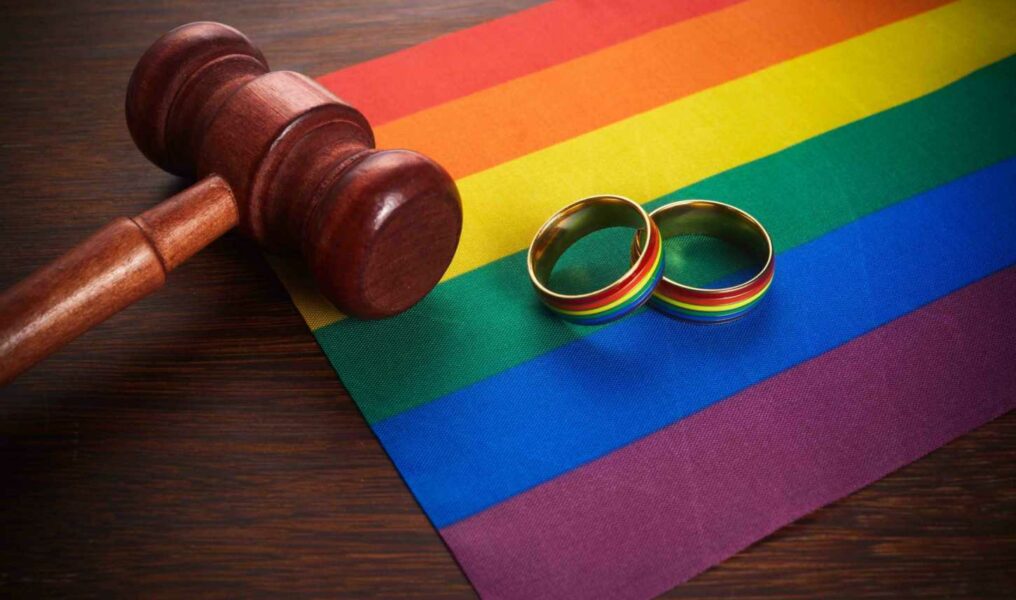With This Supreme Court, the LGBTQ+ Community Must Prepare for Attacks on Their Rights
Why we should hope for the best, prepare for the worst

There’s an old adage that advises people to hope for the best, but prepare for the worst.
With the U.S. Supreme Court now dominated by a conservative majority that apparently has no shame in overturning well-established rulings that protect civil liberties, members of the LGBTQ+ community would be wise to start preparing.
That’s because Justice Clarence Thomas, in his concurring decision supporting the overturning of Roe v. Wade, has already called for the Court to revisit previous decisions striking down laws that prohibit contraception, same-sex sodomy between consenting adults, and same-sex marriage.
A key component of all those advances in civil liberties is the right to privacy, which is not stated explicitly in the Constitution, but has been a fundamental part of U.S. law since 1965. That’s when the Court, in a case challenging a Connecticut statute outlawing the use of contraception, found that the “fundamental constitutional guarantees” protected by the Bill of Rights encompass a right to privacy.
It was only seven years ago, in Obergefell v. Hodges, that a more enlightened majority on the Supreme Court relied, in part, on that precedent in making its landmark decision legalizing same-sex marriage. Chief Justice John Roberts, along with Justices Thomas and Samuel Alito, were all opposed. Now, with three staunchly conservative justices nominated by Donald Trump on the Court, they form a solid majority.
That does not bode well for the LGBTQ+ community.
Emboldened by the decision to strip the right to an abortion from federal law, conservative politicians and activists have turned up the volume on calls for the Court to do the same with marriage equality.
I’m not saying this Court is definitely poised to overturn Obergefell. But it is certainly possible they could choose to consider doing so in the coming years. Given that frightening reality, it would be prudent for married same-sex couples to act now and make sure they have legal documents in place concerning finances and health care, that protect and acknowledge their relationships. This is particularly important for same-sex couples with children.
Although Michigan birth certificates recognize both spouses when a child is born during their marriage, it does not guarantee parental rights will be protected. If you are not the biological parent, either a court order recognizing your status or a formal adoption may be required.
Doing so can be expensive. So, I’m also asking for attorneys allied with the LGBTQ+ community to step up and offer their assistance free of charge to folks who lack the financial resources needed to obtain this important protection.
With an uncertain future on the horizon, we can’t assume the rights we’ve fought so hard to obtain will remain. In addition to hoping for the best, we need to remain active and work to ensure we elect politicians committed to serving the interests of LGBTQ+ people. And, to be safe, we must also prepare for any hostile changes that may come our way as a result of future Supreme Court decisions.









